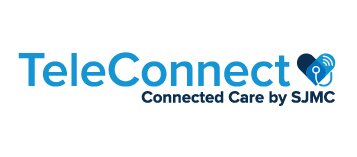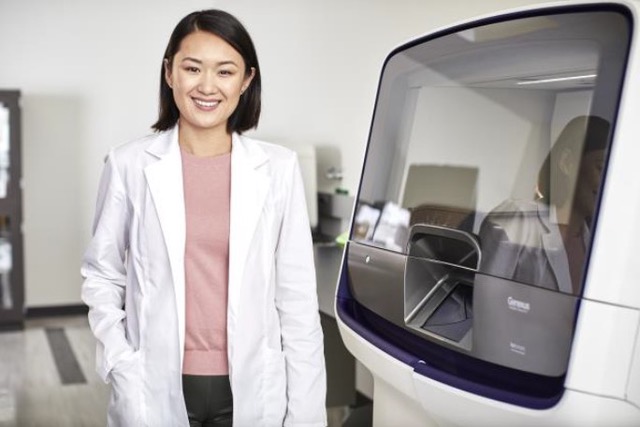24-Hour Careline

24-Hour Medical Enquiries
- Patient Care
- For Visitors
-
Our Specialties
-
All Specialties
- All Specialties
- Anaesthesiology
- Breast Surgery
- Cardiology
- Cardiothoracic Surgery
- Colorectal Surgery
- Dermatologic Surgery
- Dermatology
- Endocrinology
- Gastroenterology and Hepatology
- General Surgery
- Genetic Counselling
- Geriatrics
- Gynaecology
- Gynaecology (Oncology)
- Gynaecology (Reproductive Medicine)
- Gynaecology (Urogynaecology)
- Haematology
- Hand and Microsurgery
- Hepatobiliary Surgery
- Infectious Diseases
- Internal Medicine
- Nephrology
- Neurology
- Neuropsychology
- Neurosurgery
- Nuclear Medicine
- Obstetrics and Gynaecology
- Oncology
- Ophthalmology
- Oral and Maxillofacial Surgery
- Orthopaedic Surgery
- Orthopaedics
- Otorhinolaryngology-ENT, Head & Neck Surgery
- Paediatric Cardiology
- Paediatric Dermatology
- Paediatric Gastroenterology and Hepatology
- Paediatric Genetics and Metabolism
- Paediatric Haematology - Oncology
- Paediatric Neonatology
- Paediatric Neurology
- Paediatric Surgery
- Paediatrics
- Paediatrics ENT, Head & Neck
- Paediatrics Ophthalmology & Strabismus Surgery
- Paediatrics Orthopaedic
- Palliative Medicine
- Pathology
- Plastic and Reconstructive Surgery
- Podiatry
- Psychiatry
- Psychology
- Radiology
- Radiology & Interventional Radiology
- Rehabilitation Medicine
- Respiratory Medicine
- Rheumatology
- Robotics Surgery
- Spine Surgery
- Urology
- Vascular Surgery
-
Centre of Excellence
-
All Specialties
- Our Services
- Our Doctors
- Memberships





